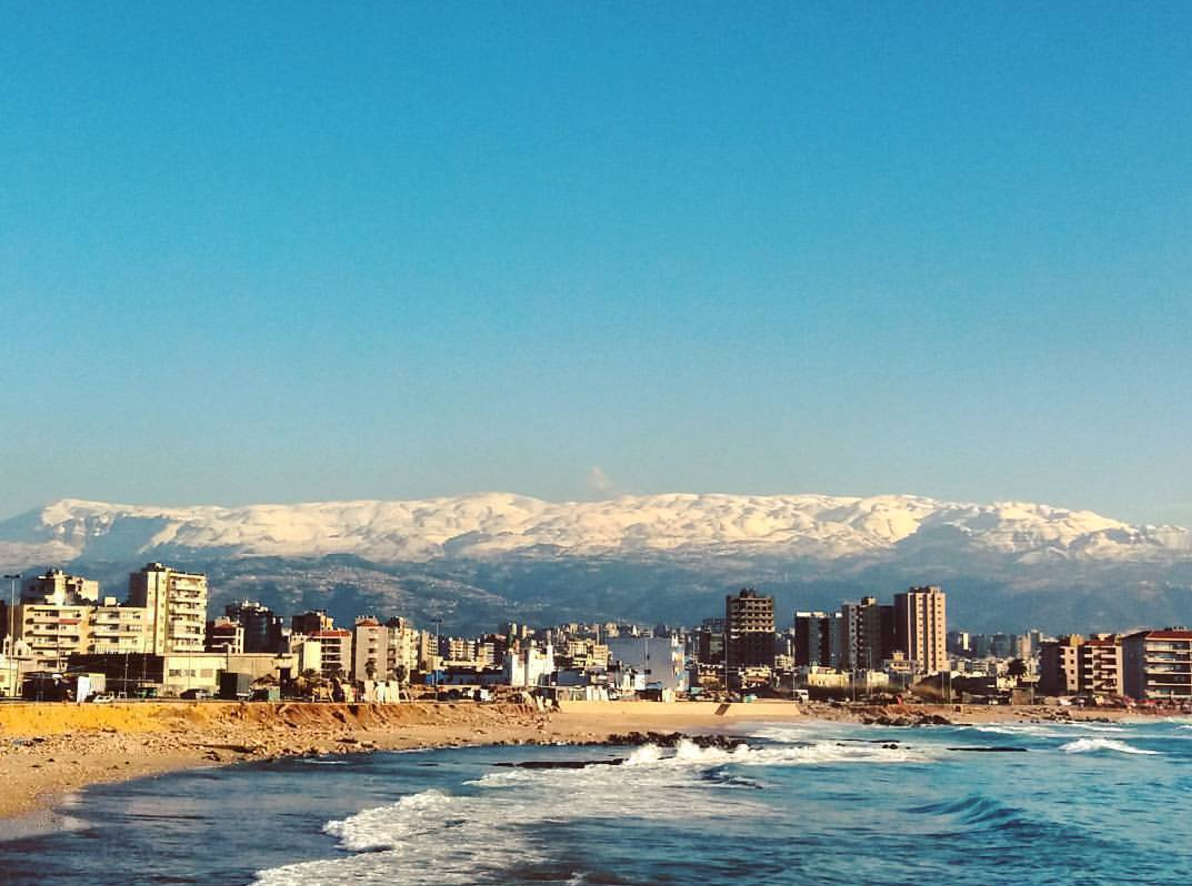A history of soap making in Lebanon
Hello, my name is Sahar and I am a Lebanese wax melt maker living in the UK. I have incorporated natural soap bars into my project range, inspired by the rich history and tradition of soap-making in my homeland. In this blog post, I want to share with you some of the fascinating facts and stories about soap in Lebanon, and how it reflects the culture and heritage of this beautiful country.
Soap and the Phoenicians
Soap-making in Lebanon dates back to ancient times, when the Phoenicians, who inhabited the coastal areas of modern-day Lebanon, Syria and Israel, used olive oil and alkaline salts to produce a rudimentary form of soap. They exported their soap to other civilisations, such as the Egyptians, Greeks and Romans, who used it for washing and healing purposes.
The importance of Tripoli
The art of soap-making flourished in Lebanon during the Middle Ages, especially in the northern city of Tripoli, which became one of the most renowned centres of soap production in the eastern Mediterranean. Tripoli was famous for its high-quality soap, made from olive oil, laurel oil, water and lye. The soap was cooked in large cauldrons, then poured into wooden molds and left to dry for several months. The soap was then cut into bars or cubes and stamped with the mark of the producer.
The soap-makers of Tripoli were organised into a guild that regulated the quality and price of the soap. They also built impressive khans (caravanserais) to store and sell their soap, as well as to host travelers and merchants. Some of these khans still exist today, such as the Khan al-Saboun (Soap Khan) and the Khan al-Masriyeen (Egyptian Khan), where you can visit some of the old soap factories and workshops.

Tripoli, Lebanon's second biggest city is home to some of its most famous soap makers
Local soap makers
One of these workshops belongs to the Sharkass family, who have been making soap since 1803. They are one of the few remaining traditional soap-makers in Tripoli, who still use the same methods and ingredients as their ancestors. They make various types of soap, such as plain olive oil soap, laurel oil soap, scented soap with rose, jasmine or orange blossom, and carved soap with different shapes and designs.
Another famous Lebanese soap-maker is Bader Hassoun & Sons, who have been making soap since 1480. They have a large factory in Koura, near Tripoli, where they produce more than 30 kinds of natural and organic soap, using local herbs, flowers, fruits and spices. They also have a museum that showcases the history and evolution of soap-making in Lebanon and the region.
Soap-making in Lebanon is not only a craft, but also a reflection of the country's diversity and creativity. Lebanese soap is influenced by various cultures and religions, such as Phoenician, Arab, Ottoman, and Frencn. It is also a symbol of hygiene, health and beauty, as well as a source of pride and identity for many Lebanese people.
I hope you enjoyed this brief overview of soap-making in Lebanon. If you are interested in trying some of my vegan natural soap bars made in the UK, you can visit my website or follow me on social media. Thank you for reading!


